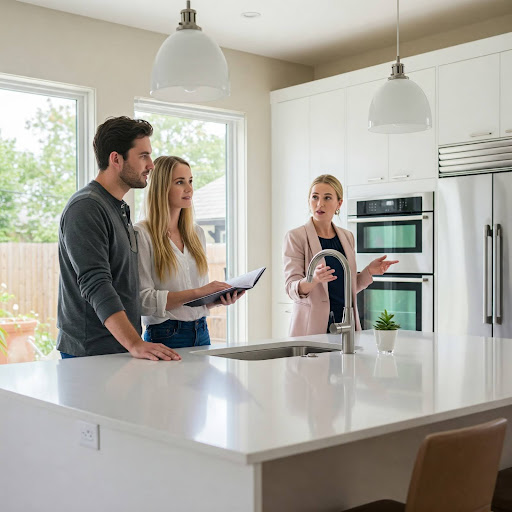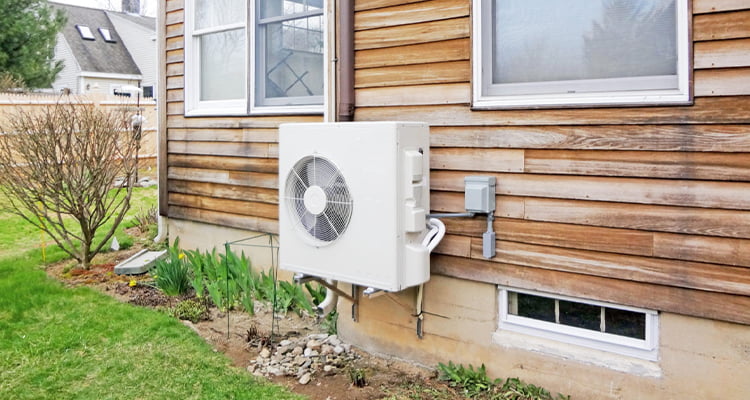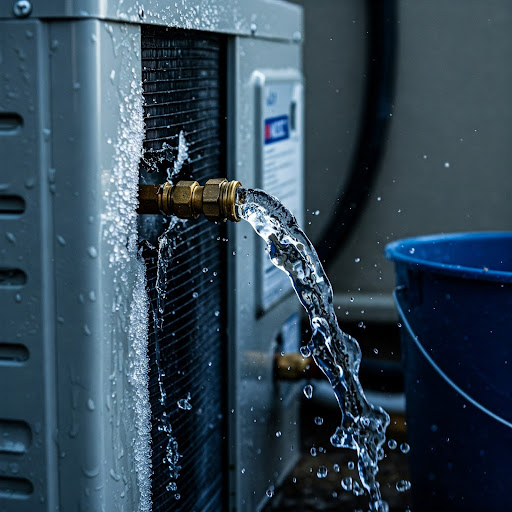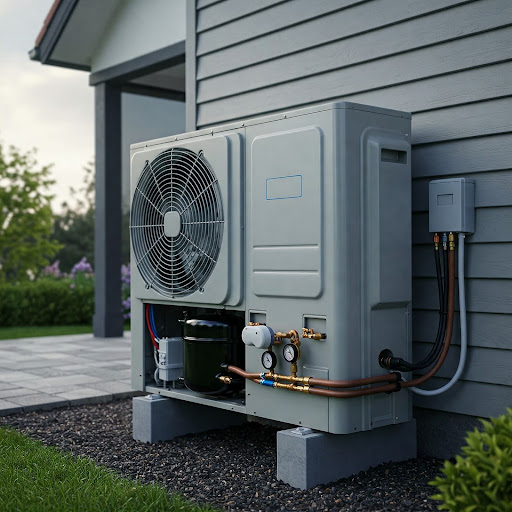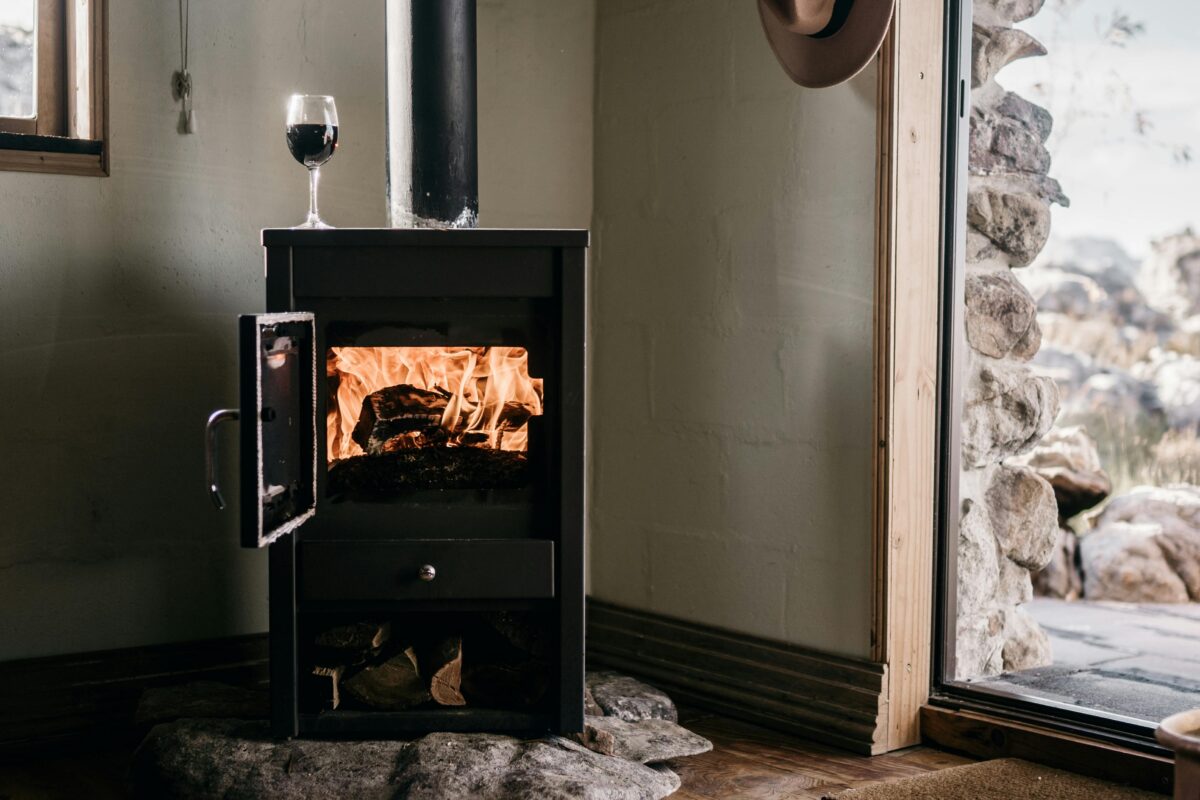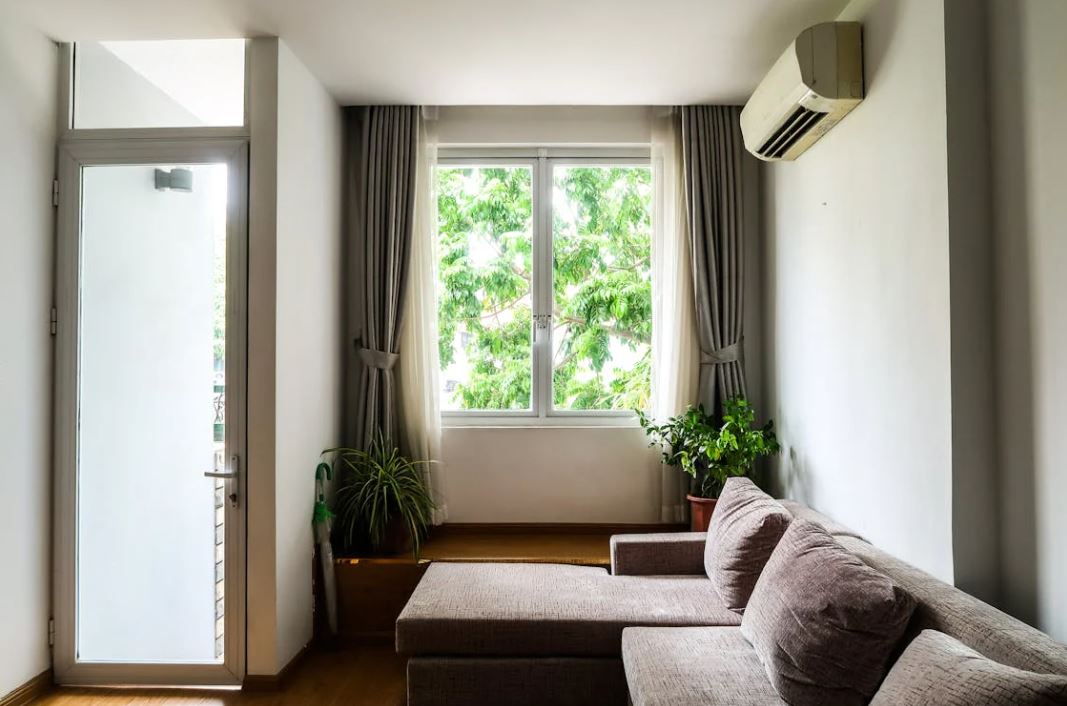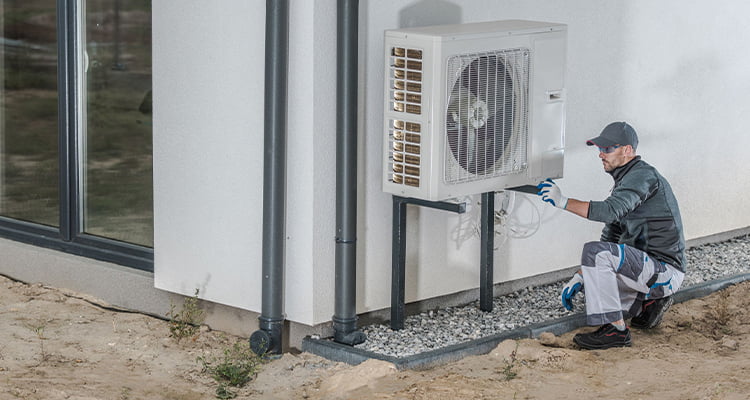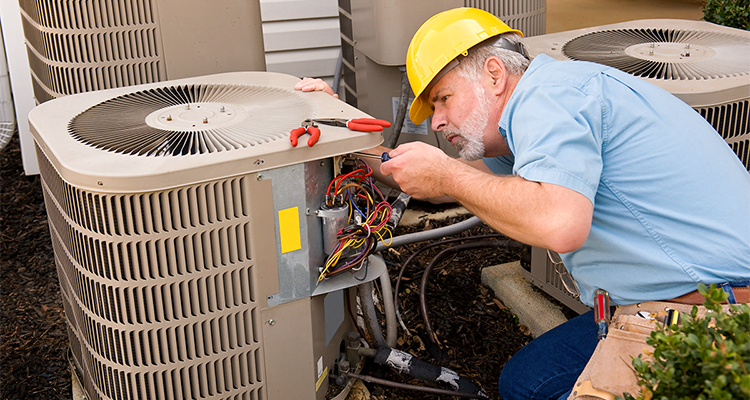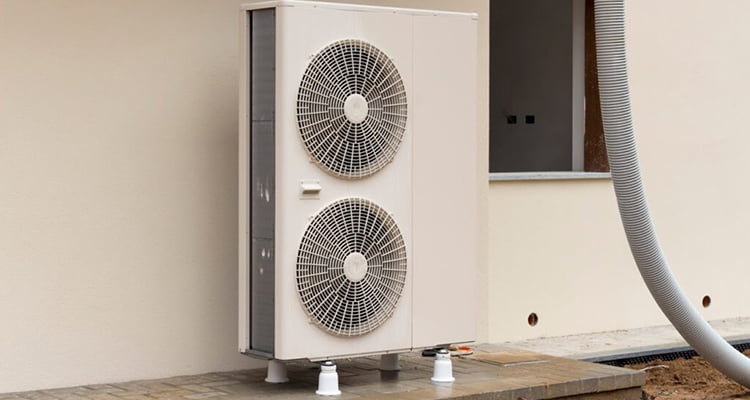In the ever-evolving world of home comfort, choosing the right heating, ventilation, and air conditioning (HVAC) system is crucial for maintaining a cozy and energy-efficient living space. Heat pumps have become increasingly popular for their versatility and energy-saving capabilities.
In this comprehensive guide, we’ll delve into the key factors you should consider when selecting the right heat pump for your home, focusing on the services offered by HVAC companies.
Also Read: Common Winter Issues With Heat Pumps And How To Address Them With A Certified HVAC Technician
Understanding Heat Pumps
Before delving into the selection process, it’s essential to understand how heat pumps work. Unlike traditional heating systems that generate heat, heat pumps transfer heat from one place to another. They can both heat and cool your home, making them a versatile choice for year-round comfort.
HVAC Company: The Foundation Of Reliable Heat Pump Installation
When embarking on the journey to find the perfect heat pump for your home, partnering with a reputable HVAC company is paramount.
These companies specialize in heating, ventilation, and air conditioning systems, ensuring that you receive professional advice, installation, and maintenance services.
Researching HVAC Companies
Start by researching local HVAC companies with a strong reputation. Look for reviews, testimonials, and ratings online to gauge their customer satisfaction. A reliable HVAC company should have experienced technicians, proper certifications, and a commitment to customer service.
Professional Consultation
Once you’ve identified potential HVAC companies, schedule consultations with them. A professional assessment of your home’s heating and cooling needs will help determine the most suitable heat pump options. During the consultation, discuss your preferences, budget, and any specific requirements you may have.
Types Of Heat Pumps
Understanding the different types of heat pumps is crucial when making an informed decision. The three main types are air-source heat pumps, ground-source (geothermal) heat pumps, and ductless mini-split heat pumps.
Air Source Heat Pumps
Air source heat pumps extract heat from the outdoor air and transfer it into your home. They are the most common type of heat pump and are suitable for moderate climates.
HVAC companies often recommend them for homes without access to geothermal energy sources.
Ground Source (Geothermal) Heat Pumps
Geothermal heat pumps harness the stable temperature of the ground to provide efficient heating and cooling. While they have a higher upfront cost, they offer significant energy savings over the long term.
Consult with your HVAC company to assess the feasibility and benefits of installing a geothermal system.
Ductless Mini-Split Heat Pumps
Ductless mini-split heat pumps consist of an outdoor unit connected to one or more indoor units. They are an excellent option for homes without ductwork and provide zone-specific temperature control.
Discuss the advantages and limitations of ductless mini-splits with your HVAC company to determine if they are suitable for your home.
Factors To Consider When Choosing A Heat Pump
Size And Capacity
Selecting the right size and capacity for your heat pump is crucial for optimal performance. An HVAC professional can conduct a load calculation to determine the heating and cooling requirements of your home, ensuring that the chosen heat pump meets your specific needs.
Energy Efficiency
Energy efficiency is a key consideration for both environmental sustainability and cost savings. Look for heat pumps with high Seasonal Energy Efficiency Ratio (SEER) and Heating Seasonal
Performance Factor (HSPF) ratings. An HVAC company can guide you toward energy-efficient models that align with your budget.
Noise Level
Consider the noise level of the heat pump, especially if it will be installed near living spaces. Modern heat pumps are designed with noise reduction features, but it’s essential to discuss noise concerns with your HVAC company to find a solution that aligns with your preferences.
Installation
Professional Installation
Proper installation is crucial for the efficiency and longevity of your heat pump. Hire a licensed and experienced HVAC company to handle the installation process. Professional installation ensures the system is set up correctly and complies with local building codes.
About Pro West Heating & Air Conditioning
Pro West Heating & Air Conditioning specializes in comprehensive HVAC installations, repairs, and maintenance services with a steadfast commitment to customer satisfaction. As a Vancouver-based Heating and Air Conditioning company, we excel in repairing, installing, and maintaining central and wall-mounted air conditioners, heating systems, hydroponics, and humidifiers.
Our dedicated team prioritizes delivering top-notch services to ensure comfort and peace of mind.
Contact us today to schedule an appointment or discover more about our professional HVAC solutions.
